#vintage black women
Explore tagged Tumblr posts
Text
Josephine Baker, the first black woman to star in a major motion picture (Siren of the Tropics).

Josephine Baker
#josephine baker#beautiful#actress#hollywood#diva#vintage#old hollywood#black women in history#vintage black women#vintage black glamour
648 notes
·
View notes
Text
I have always been obsessed with this Afro Sheen commercial (1970s), that's one stunning woman.💓
Source
#pretty#style#art style#black art#art#black tumblr#black fashion#black hair#black women#classic#black history#nostalgia#theafroamericaine#vintage#black girls of tumblr#black girl moodboard#melanin#vintage black women#black culture#black community#african american#africa#culture
1K notes
·
View notes
Text
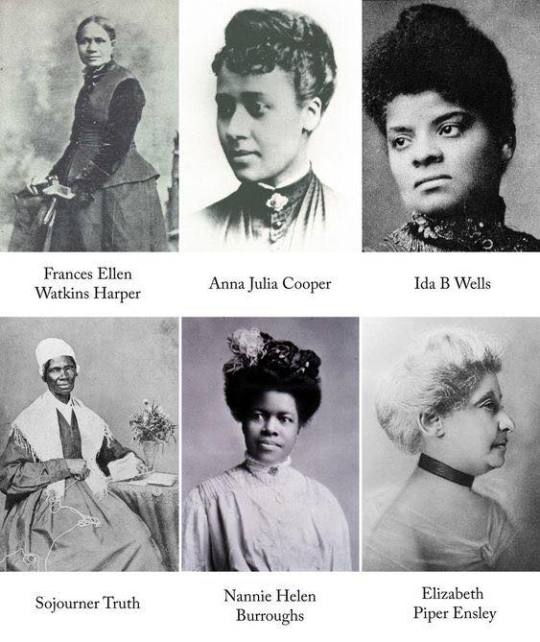
A Historical Deep Dive into the Founders of Black Womanism & Modern Feminism
Six African American Suffragettes Mainstream History Tried to Forget
These amazing Black American women each advanced the principles of modern feminism and Black womanism by insisting on an intersectional approach to activism. They understood that the struggles of race and gender were intertwined, and that the liberation of Black women was essential. Their writings, speeches, and actions have continued to inspire movements addressing systemic inequities, while affirming the voices of marginalized women who have shaped society. Through their amazing work, they have expanded the scope of womanism and intersectional feminism to include racial justice, making it more inclusive and transformative.
Anna Julia Cooper (1858–1964)
Quote: “The cause of freedom is not the cause of a race or a sect, a party or a class—it is the cause of humankind, the very birthright of humanity.”
Contribution: Anna Julia Cooper was an educator, scholar, and advocate for Black women’s empowerment. Her book A Voice from the South by a Black Woman of the South (1892) is one of the earliest articulations of Black feminist thought. She emphasized the intellectual and cultural contributions of Black women and argued that their liberation was essential to societal progress. Cooper believed education was the key to uplifting African Americans and worked tirelessly to improve opportunities for women and girls, including founding organizations for Black women’s higher education. Her work challenged both racism and sexism, laying the intellectual foundation for modern Black womanism.
Frances Ellen Watkins Harper (1825–1911)
Quote: “We are all bound together in one great bundle of humanity, and society cannot trample on the weakest and feeblest of its members without receiving the curse in its own soul.”
Contribution: Frances Ellen Watkins Harper was a poet, author, and orator whose work intertwined abolitionism, suffrage, and temperance advocacy. A prominent member of the American Equal Rights Association, she fought for universal suffrage, arguing that Black women’s voices were crucial in shaping a just society. Her 1866 speech at the National Woman’s Rights Convention emphasized the need for solidarity among marginalized groups, highlighting the racial disparities within the feminist movement. Harper’s writings, including her novel Iola Leroy, offered early depictions of Black womanhood and resilience, paving the way for Black feminist literature and thought.
Ida B. Wells (1862–1931)
Quote: “The way to right wrongs is to turn the light of truth upon them.”
Contribution: Ida B. Wells was a fearless journalist, educator, and anti-lynching activist who co-founded the National Association for the Advancement of Colored People (NAACP). Her investigative reporting exposed the widespread violence and racism faced by African Americans, particularly lynchings. As a suffragette, Wells insisted on addressing the intersection of race and gender in the fight for women’s voting rights. At the 1913 Women’s Suffrage Parade in Washington, D.C., she famously defied instructions to march in a segregated section and joined the Illinois delegation at the front, demanding recognition for Black women in the feminist movement. Her activism laid the groundwork for modern feminisms inclusion of intersectionality, emphasizing the dual oppressions faced by Black women.
Sojourner Truth (1797–1883)
Quote: “Ain’t I a Woman?”
Contribution: Born into slavery, Sojourner Truth became a powerful voice for abolition, women's rights, and racial justice after gaining her freedom. Her famous 1851 speech, "Ain’t I a Woman?" delivered at a women's rights convention in Akron, Ohio, directly challenged the exclusion of Black women from the feminist narrative. She highlighted the unique struggles of Black women, who faced both racism and sexism, calling out the hypocrisy of a movement that often-centered white women’s experiences. Truth’s legacy lies in her insistence on equality for all, inspiring future generations to confront the intersecting oppressions of race and gender in their advocacy.
Nanny Helen Burroughs (1879–1961)
Quote: “We specialize in the wholly impossible.”
Contribution: Nanny Helen Burroughs was an educator, activist, and founder of the National Training School for Women and Girls in Washington, D.C., which emphasized self-sufficiency and vocational training for African American women. She championed the "Three B's" of her educational philosophy: Bible, bath, and broom, advocating for spiritual, personal, and professional discipline. Burroughs was also a leader in the Women's Convention Auxiliary of the National Baptist Convention, where she pushed for the inclusion of women's voices in church leadership. Her dedication to empowering Black women as agents of social change influenced both the feminist and civil rights movements, promoting a vision of racial and gender equality.
Elizabeth Piper Ensley (1847–1919)
Quote: “The ballot in the hands of a woman means power added to influence.”
Contribution: Elizabeth Piper Ensley was a suffragist and civil rights activist who played a pivotal role in securing women’s suffrage in Colorado in 1893, making it one of the first states to grant women the vote. As a Black woman operating in the predominantly white suffrage movement, Ensley worked to bridge racial and class divides, emphasizing the importance of political power for marginalized groups. She was an active member of the Colorado Non-Partisan Equal Suffrage Association and focused on voter education to ensure that women, especially women of color, could fully participate in the democratic process. Ensley’s legacy highlights the importance of coalition-building in achieving systemic change.
To honor these pioneers, we must continue to amplify Black women's voices, prioritizing intersectionality, and combat systemic inequalities in race, gender, and class.
Modern black womanism and feminist activism can expand upon these little-known founders of woman's rights by continuously working on an addressing the disparities in education, healthcare, and economic opportunities for marginalized communities. Supporting Black Woman-led organizations, fostering inclusive black femme leadership, and embracing allyship will always be vital.
Additionally, when we continuously elevate their contributions in social media or multi-media art through various platforms, and academic curriculum we ensure their legacies continuously inspire future generations. By integrating their principles into feminism and advocating for collective liberation, women and feminine allies can continue their fight for justice, equity, and feminine empowerment, hand forging a society, by blood, sweat, bones and tears where all women can thrive, free from oppression.
#black femininity#womanism#womanist#intersectional feminism#intersectionality#intersectional politics#women's suffrage#suffragette#suffrage movement#suffragists#witches of color#feminist#divine feminine#black history month#black beauty#black girl magic#vintage black women#black women in history#african american history#hoodoo community#hoodoo heritage month#feminism#radical feminism#radical feminists do interact#social justice#racial justice#sexism#gender issues#toxic masculinity#patriarchy
239 notes
·
View notes
Text

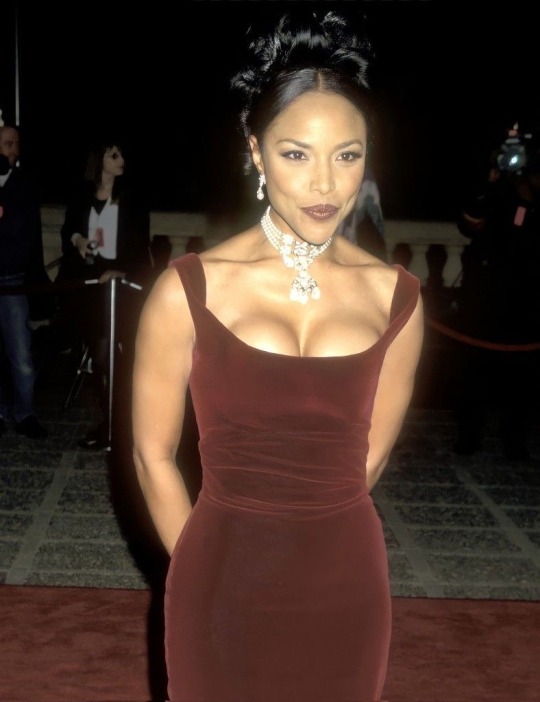
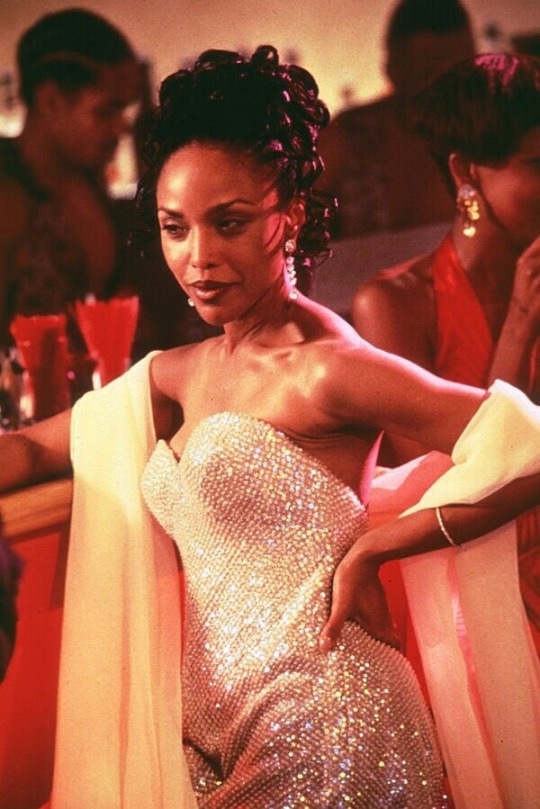
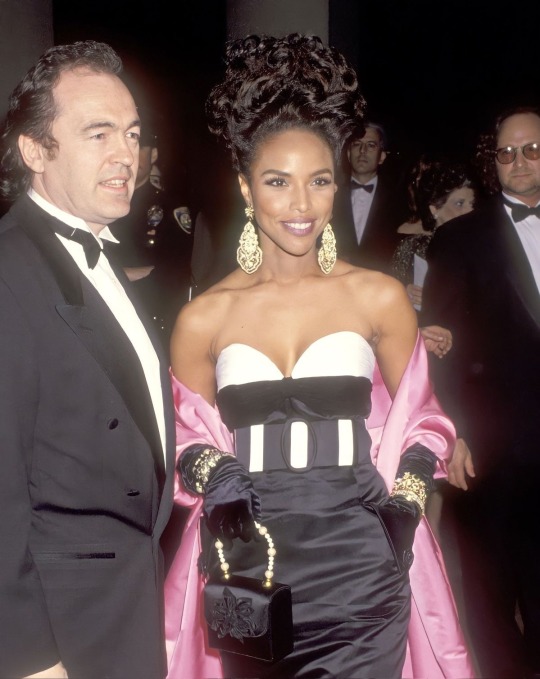
The incomparable Ms. Lynn Whitfield 🤍
#the garden of bae#black femininity#black women in luxury#feminine moodboard#luxury black women#20th century icons#film star#lynn whitfield#old hollywod glamour#vintage black women#vintage black glamour#glamour
602 notes
·
View notes
Text

#vintage black glamour#vintage black women#black girl moodboard#black girl aesthetic#black girl luxury#black girls of tumblr#black girl magic#black girl beauty#luxury aesthetic#soft life
153 notes
·
View notes
Text

Poser makeup ad, 1977
255 notes
·
View notes
Text
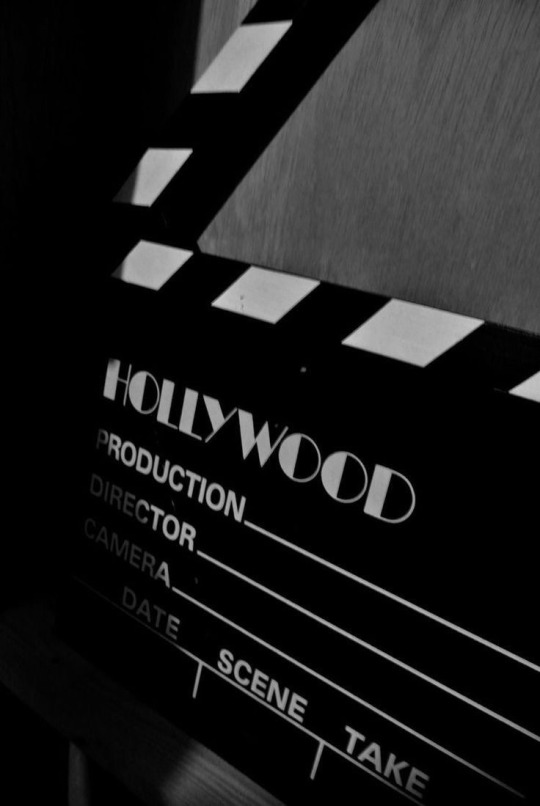
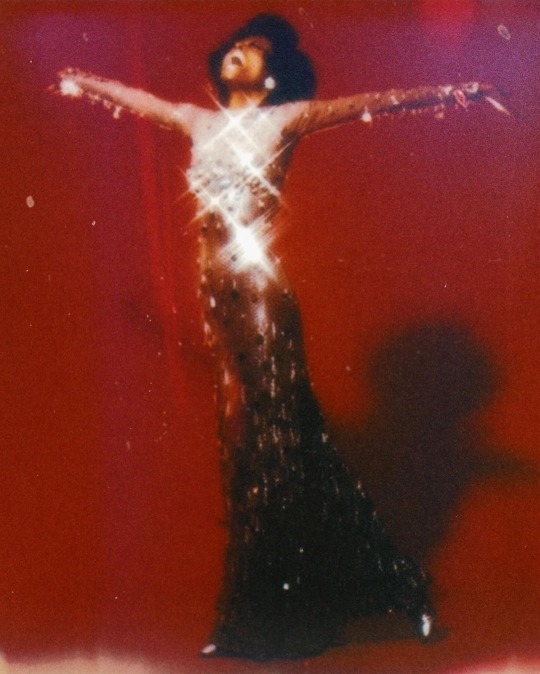
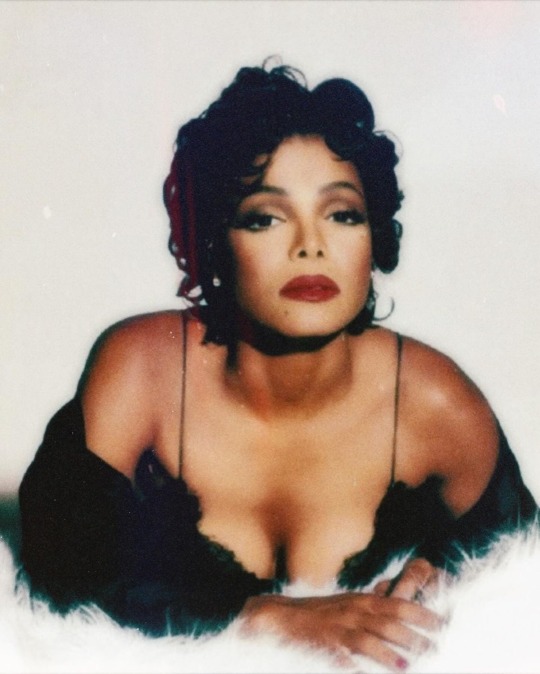
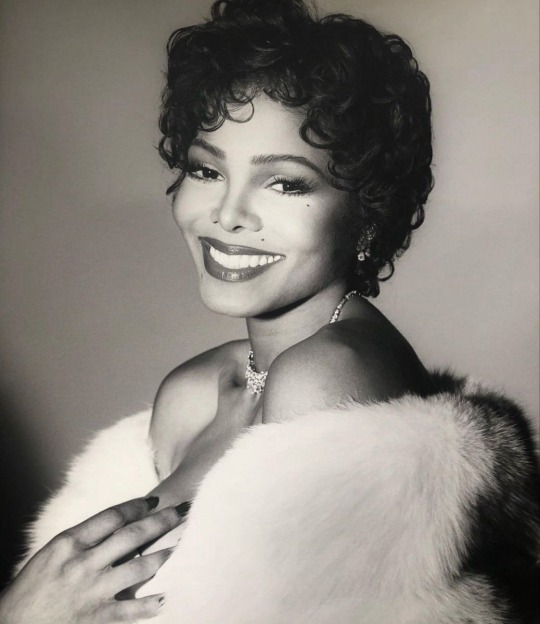
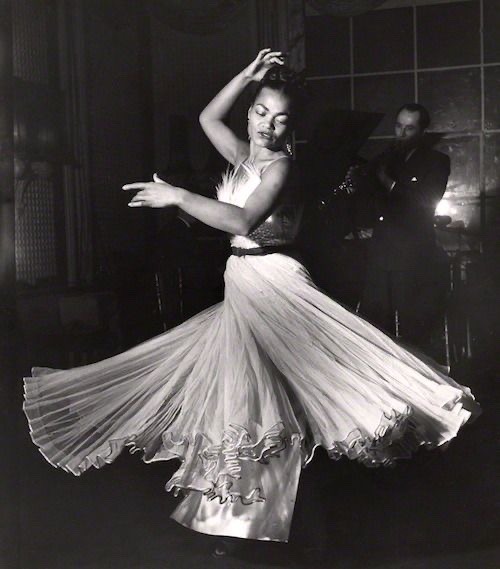
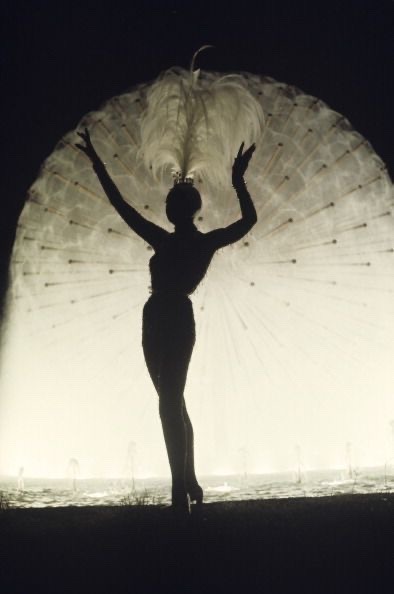
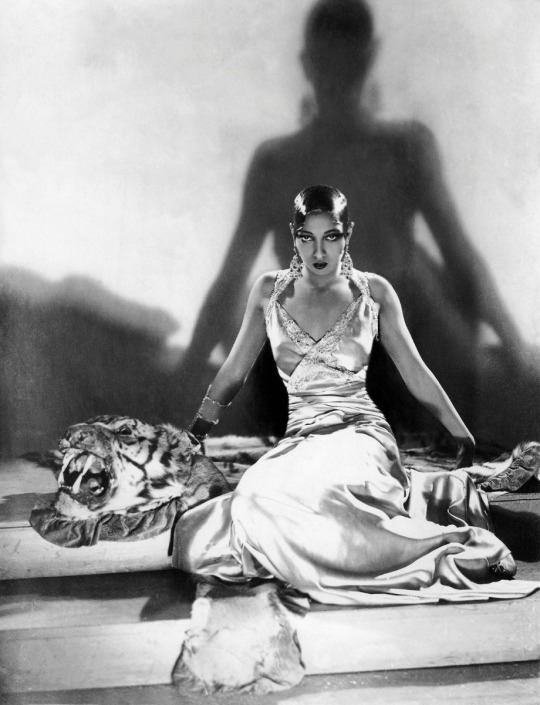
“living in a movie scene puking American dreams”
#moodboard#35mm photography#black women#editorial#photography#california#vintage#black girl aesthetic#old hollywood#classic hollywood#donna summer#janet jackson#josephine baker#editorial photography#35mm film#african american history#black and white#black woman beauty#black hollywood#vintage black women#vintage hollywood#Spotify
42 notes
·
View notes
Text
Favourite girl ✨
#lana del rey#coqette#doelette#coquette#that girl#70s aesthetic#70s style#cheerleader#theswingingcheerleaders#black girl beauty#black beauty#vintage americana#vintage black women#the feminine urge#come on get down to the boarding school#bambi beauty#rosanne katon#girlblogger#blackgirlbloggers#kinda outta luck#lizzygrant#blackgirlbeauty
7 notes
·
View notes
Text

Art imitates life ⋆.ೃ࿔*
#girlblog#black beauty#black femininity#black barbie#vintage black women#black barbie doll#gorgeous girls of the 70s
9 notes
·
View notes
Text

5 notes
·
View notes
Text

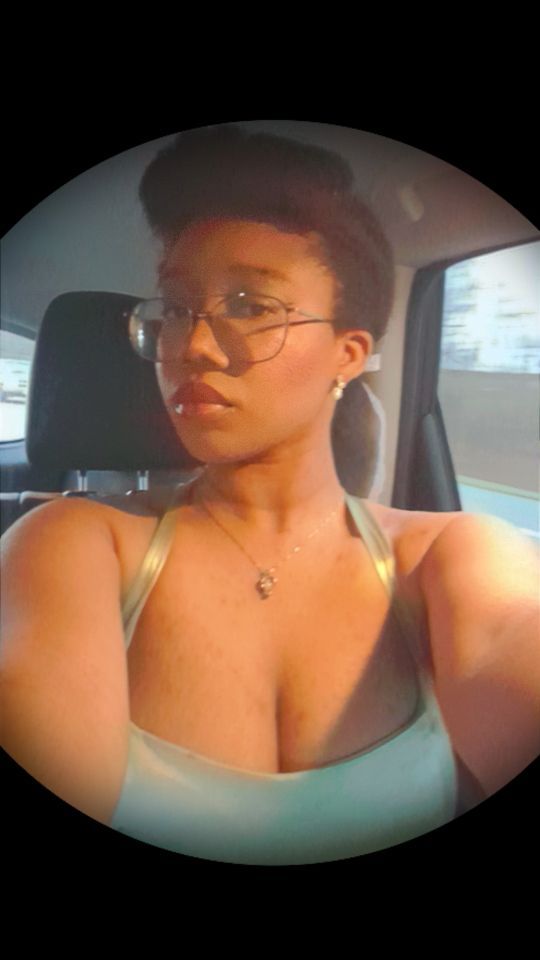
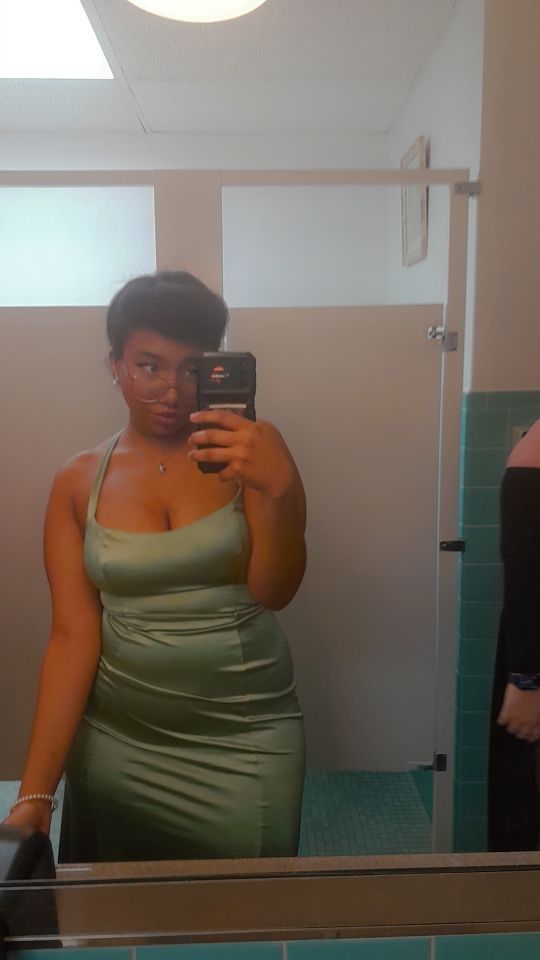
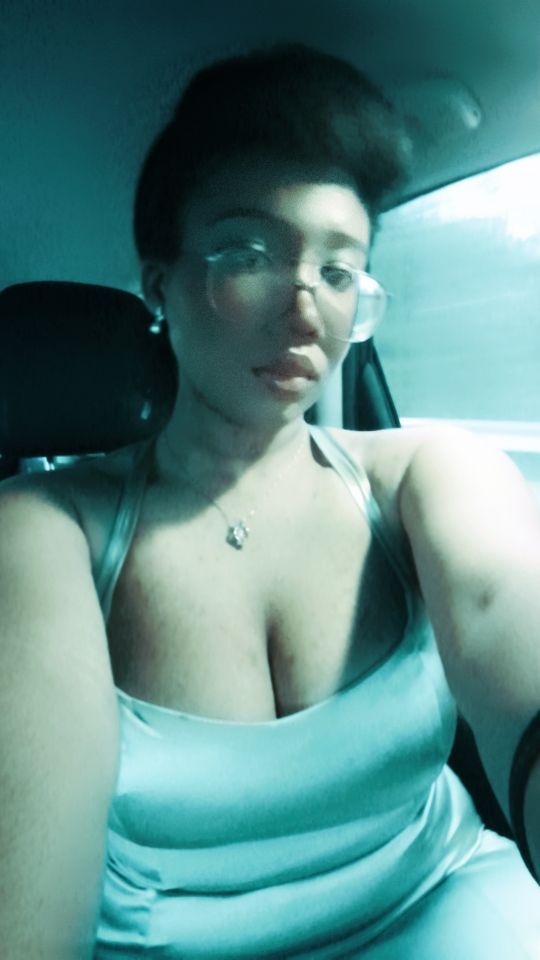
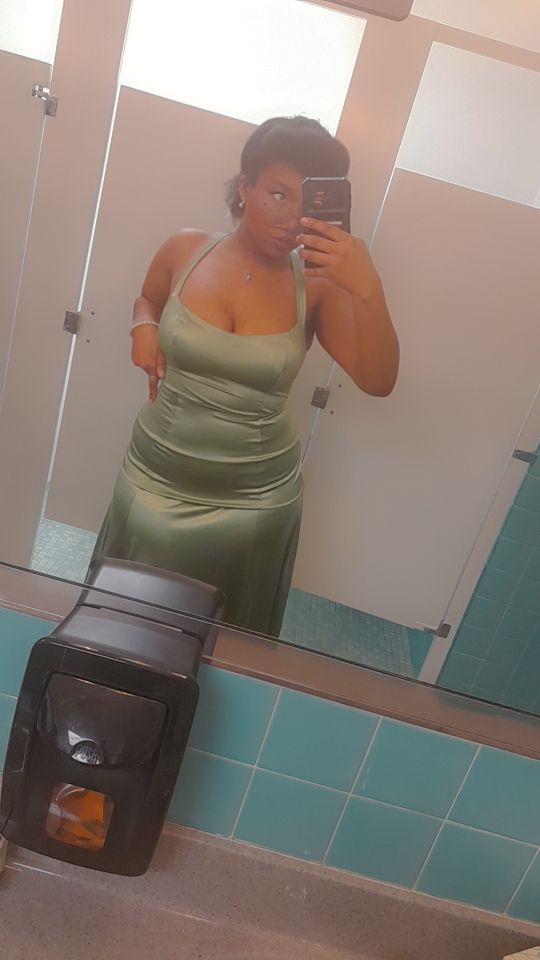
Here's some pictures from a Military Ball I attended yesterday. Figured I'd post a bit since all of yall are so nice
#military ball#air force#vintage#new jersey#woc#vintage black women#puerto rican#retro#antique#ball#gown#ball gown#1930s fashion#90s fashion#70s fashion#aviator glasses
27 notes
·
View notes
Text
Vintage Black Hollywood aka Black Glamour
During the early 20th century Black Americans started producing their own films these were known as "race films" due to them being created for Black audiences and predominantly viewed by them. If a film had an all black cast it was considered a race film as well. This period lasted from the 1900s to the 1950s. Here are some classic films from that time.


Stormy Weather (1943)


Hi-De-Ho (1947)


Carmen Jones (1954)


Anna Lucasta (1958)
#black history#black tumblr#black art#classic#black fashion#black hair#black women#nostalgia#vintage#vintage photography#1950s#history#african american#movies#old hollywood#vintage black Hollywood#vintage black women#vintage blog#eartha kitt#cab calloway#lena horne#dorothy dandridge#harry belafonte#theafroamericaine#theafroamericaine blog#taa blog#black culture
37 notes
·
View notes
Text

Shot by me 📸
Follow on Instagram @ be_uhmused
9 notes
·
View notes
Text

An old post about my grandmother went viral online. She was definitely a trendsetter, did what she wanted, and acted however she wanted to. Black History, indeed
7 notes
·
View notes
Text


A photo of my Granny and a note she wrote on the back for my grandfather.
1 note
·
View note
Text
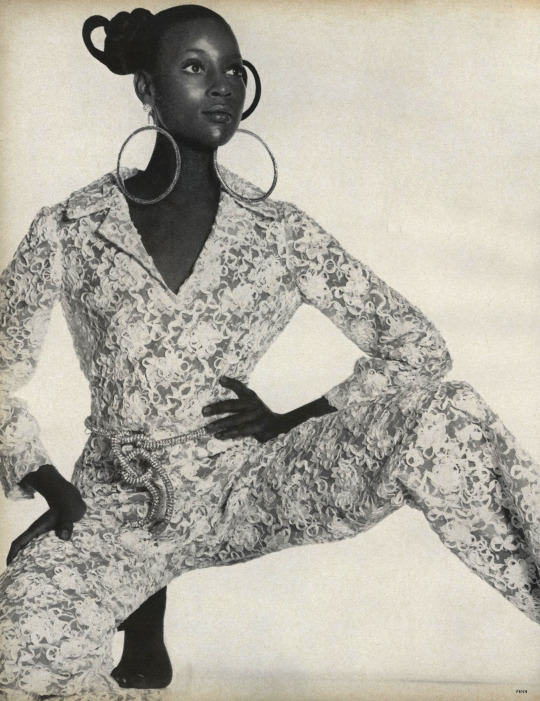
Naomi Sims in Vogue (1970). Photographed by Irving Penn.
105 notes
·
View notes